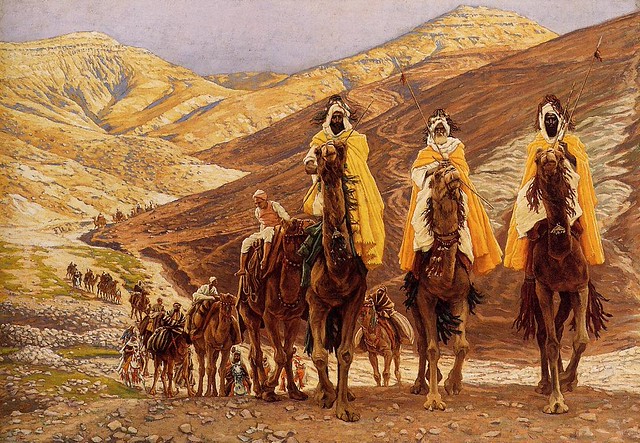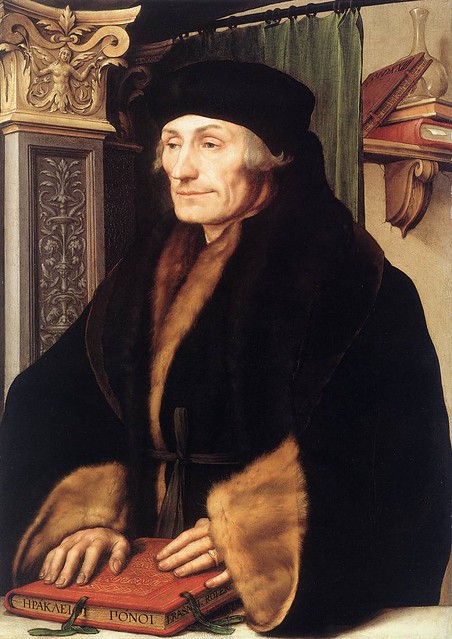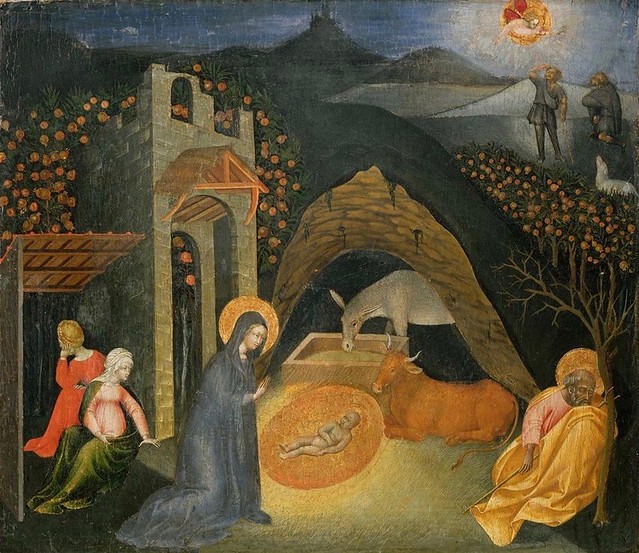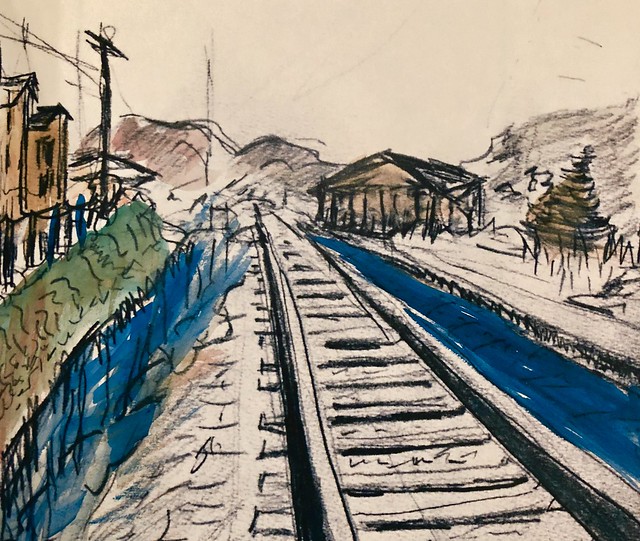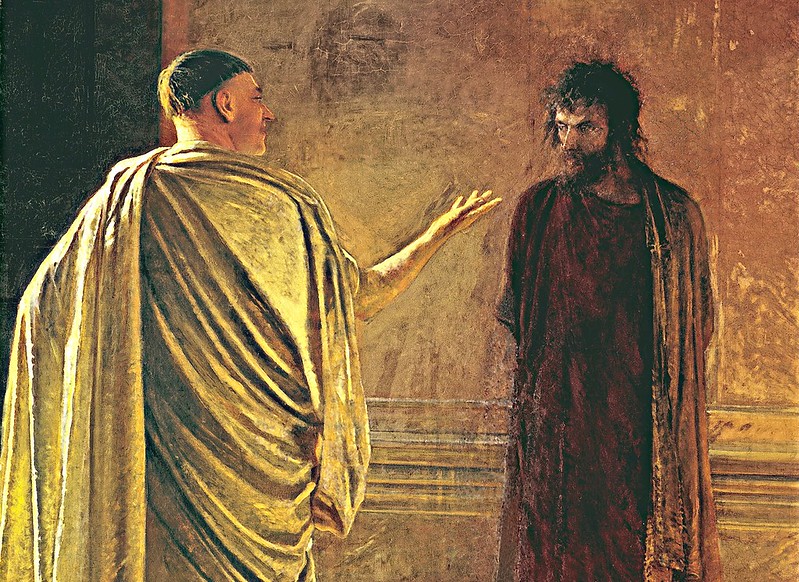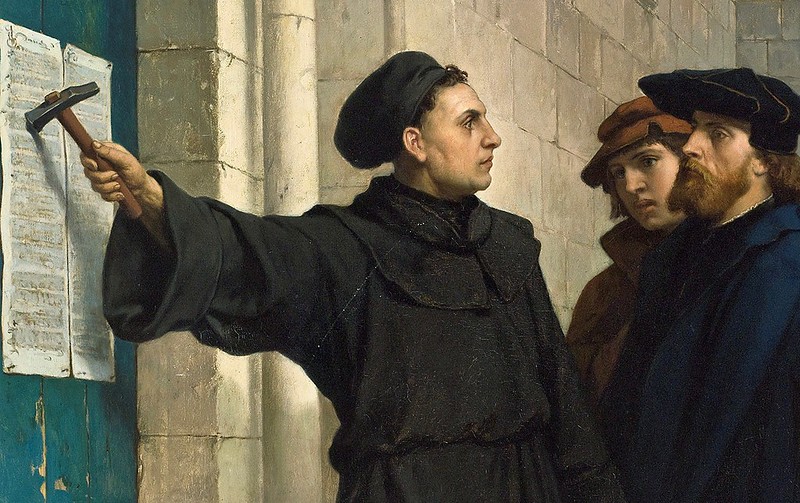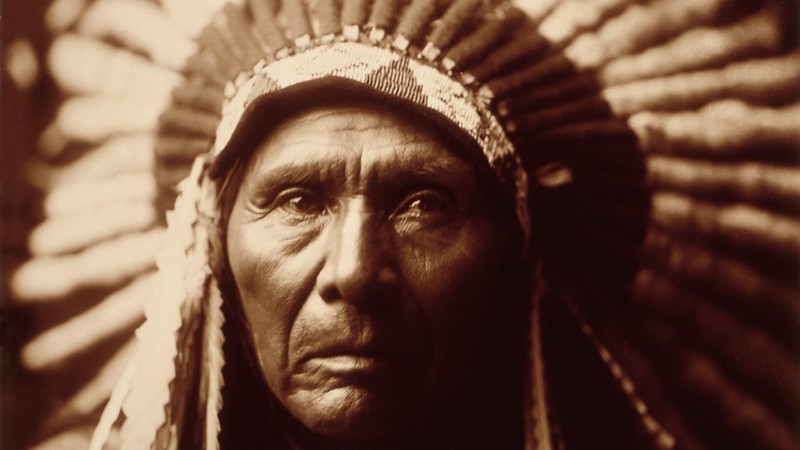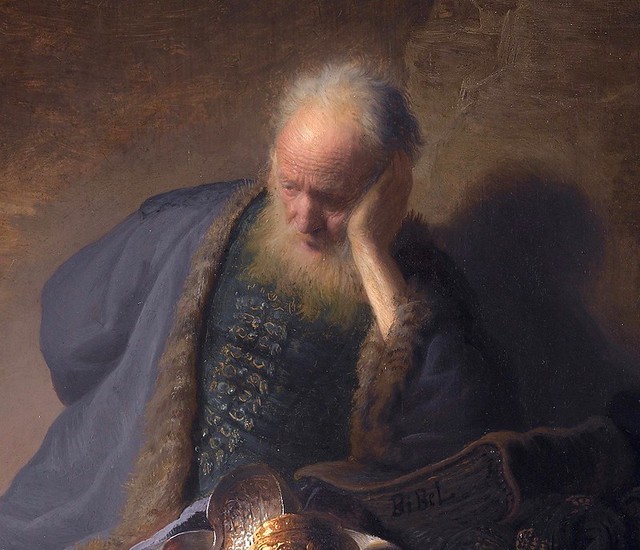
Waiting for God to Act
Brian Zahnd
Advent is for waiting. As we tell the story of redemption through the church calendar we begin our telling of the sacred story, not with doing, not with celebrating, but with waiting — waiting for God to act.
Yet most of us — children of a high-tech, high-speed, instantaneous age — are not very good at waiting. It feels too much like doing nothing, and we are the driven ones who take pride in being busy. Waiting is not really our thing.
Or worse yet, waiting feels too much like lamenting, which is closer to the truth. With the loss of a strong sense of the Christian calendar we have conflated Advent and Christmas into a single “holiday season.” But the truth is that Advent is quite different from Christmas as it carries its strong theme of prophetic lament. The world has gone wrong, justice lies fallen in the streets, and it seems that God is nowhere to be found. That’s when the lamentation of waiting arises in our soul: “O Lord, how long?” From Isaiah to Malachi there is a consistent theme of waiting in lament for God to act. All of the Hebrew prophets, each in their own way, composed their prophetic poems around this recurring theme: The Lord is coming, God is about to act, but for now…we wait.
And yet the waiting is essential. For it’s in the waiting that our soul grows quiet and contemplative and cultivates a capacity for awareness by which we can discern what God is doing when he does act.
Read more
